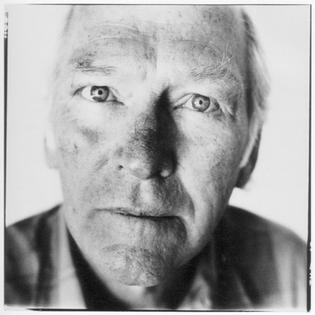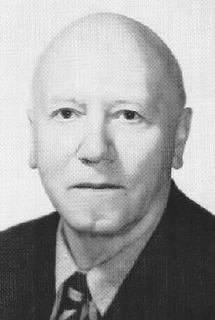A Quote by Emily Dickinson
I don't profess to be profound; but I do lay claim to common sense.
Related Quotes
We're targeted as LGBTQ people because we make people nervous around sex and we practice desire or have the possibility of practicing desire in magical and very, very profound ways. We shouldn't be giving up the possibility of articulating the claim of our body and the claim of our desire as something distinctive and erotically profound.
Tim Berners-Lee, the 44-year-old English physicist who created the World Wide Web, is precisely the kind of hero that a relatively simple invention with profound social and economic consequences should lay claim to. He is not just creative but democratic, diplomatic, polite and generous with credit and praise.
The dominant metaphor of conceptual relativism, that of differing points of view, seems to betray an underlying paradox. Differentpoints of view make sense, but only if there is a common co-ordinate system on which to plot them; yet the existence of a common system belies the claim of dramatic incomparability.
Mathematics is often erroneously referred to as the science of common sense. Actually, it may transcend common sense and go beyond either imagination or intuition. It has become a very strange and perhaps frightening subject from the ordinary point of view, but anyone who penetrates into it will find a veritable fairyland, a fairyland which is strange, but makes sense, if not common sense.
Common sense is science exactly in so far as it fulfills the ideal of common sense; that is, sees facts as they are, or at any rate, without the distortion of prejudice, and reasons from them in accordance with the dictates of sound judgment. And science is simply common sense at its best, that is, rigidly accurate in observation, and merciless to fallacy in logic.
There is an error common to both oligarchies and to democracies: in the latter the demagogues, when the multitude are above the law, are always cutting the city in two by quarrels with the rich, whereas they should always profess to be maintaining their cause; just as in oligarchies the oligarchs should profess to maintain the cause of the people, . .
Common sense is not something rigid and stationary, but is in continuous transformation, becoming enriched with scientific notions and philosophical opinions that have entered into common circulation. 'Common sense' is the folklore of philosophy and always stands midway between folklore proper (folklore as it is normally understood) and the philosophy, science, and economics of the scientists. Common sense creates the folklore of the future, a relatively rigidified phase of popular knowledge in a given time and place.






































